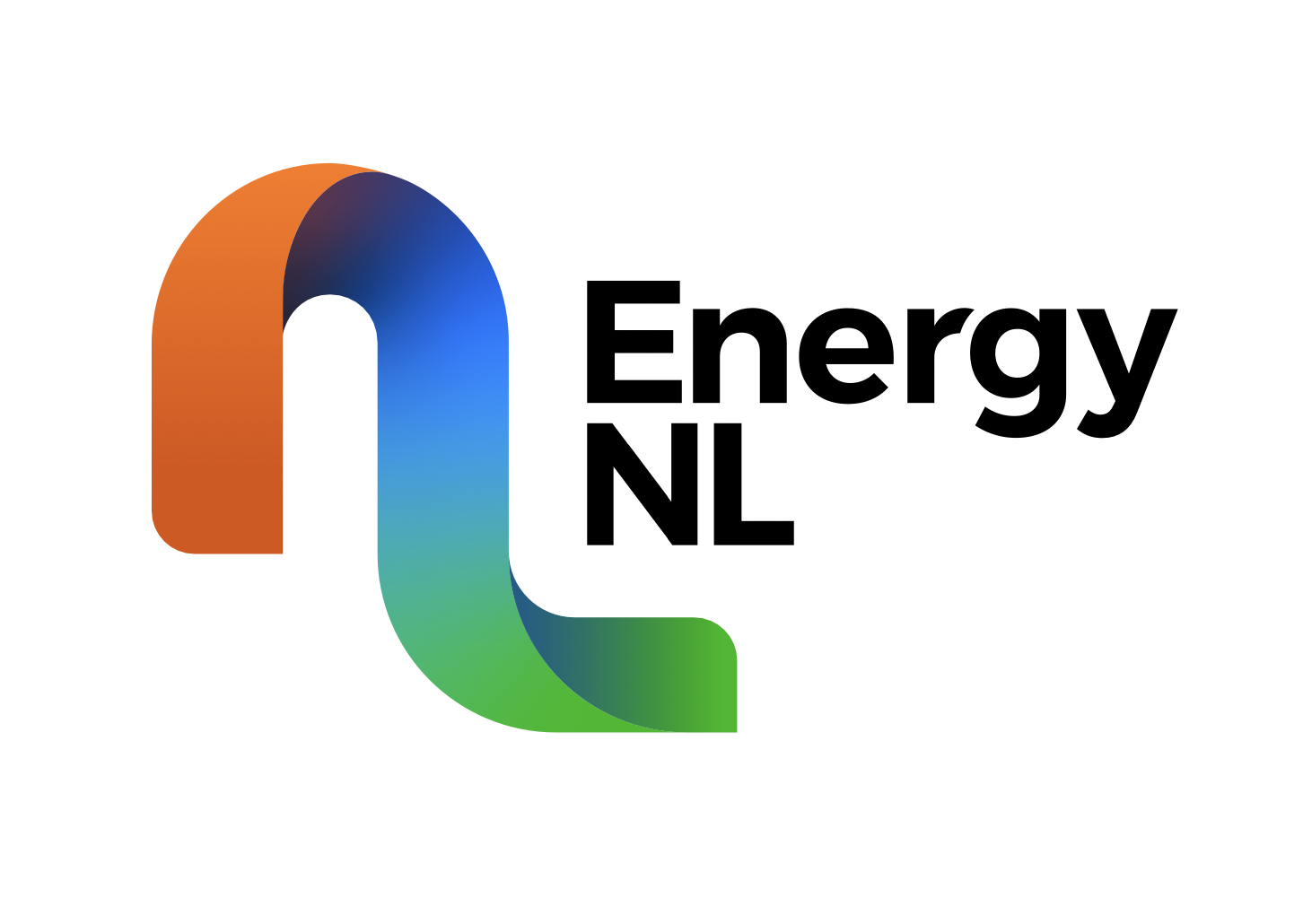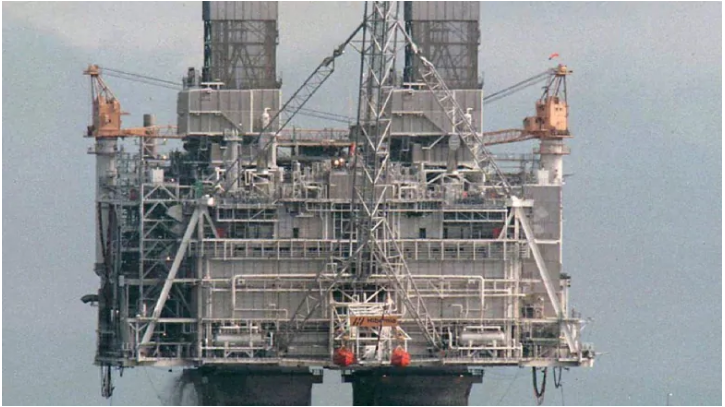The following text was excerpted from the media outlet cited on April 18, 2020 and is provided to Noia members for information purposes only. Any opinion expressed therein is neither attributable to nor endorsed by Noia.
From CBC News
With its debt already at record levels, Newfoundland and Labrador is in dire straits amid COVID-19
As harbingers of pandemic doom go, there was little more startling news for residents of Newfoundland and Labrador over the last month than learning that Hibernia would stop drilling for oil.
Hibernia is many things — the name of an oil field, the company that owns it, the name of the massive platform that sits on the ocean floor about 315 kilometres southeast of St. John’s — but it is also a symbol of the province’s economy, and how dramatically it has changed in a generation.
The revelation last week that lead operator ExxonMobil would halt drilling for as much as 18 months was just one of a cascade of announcements that underline the deep, deep trouble that Newfoundland and Labrador is in.
Many of these problems — a crushing government debt, an oil industry that has been struggling, an economy that is not yet diversified enough to withstand the roller-coaster rides of the global commodities trade — were all there before COVID-19 crashed into Canada this winter.
If anything, the pandemic just pushed existing problems into high relief, and proved that even pillars of the economy, like Hibernia’s sturdy gravity-based platform, can be shaken to the core.
From cod to oil
Hibernia has enjoyed a special status for more than two decades. It was the first field to go into production off Newfoundland’s east coast, ushering in an economic change that has been transformative.
It’s also critical to understand Hibernia’s timing. It arrived on the scene just when a beleaguered economy needed it.
In 1992, the cod fishery off Newfoundland’s northeast coast was shut down, wiping out 20,000 harvesting and processing jobs. Other fishery closures would follow, and the industry that had sustained England’s first colony for centuries became a fraction of its former self.
The cod moratorium happened in July 1992. Only three months later, construction began on the Hibernia gravity-based platform. Within five years, Hibernia was producing oil, and a very different economic narrative starting taking place in Newfoundland and Labrador.
Well, for a while, anyway.
In the boom years, when Brent Crude — the commodity that is followed closely in St. John’s, in the same way West Texas Intermediate is followed in Alberta — was selling well over $100 US a barrel, money was flowing in Newfoundland and Labrador. In 2008, then-premier Danny Williams struck lucrative deals with labour unions, offering four-year contracts that effectively hiked wages by almost 20 per cent.
Falling oil prices, mounting debt
The global economy collapsed later that year, but N.L. bounced back, its revenues driven largely by oil revenues and royalties.
That bounce did not last. By 2015, the global collapse in oil prices caught up with N.L.’s ledger, which has been running in ever-deeper shades of red ink since.
One of the key reasons has been the Muskrat Falls hydroelectric megaproject, which is nearly complete at a cost of $12.7 billion, far above the $7.4 billion cost that the government of Kathy Dunderdale approved at sanction in 2012.
But Muskrat Falls isn’t the province’s only debt headache. The government has continued to spend more than it earns. The latest report from the auditor general, last December, put the per capita debt at $29,250 for every person in the province — a dubious record — with the government facing a net debt of $15.4 billion.
Debt servicing was already a serious issue before the pandemic, but the urgency now is even more severe. On March 20, Premier Dwight Ball wrote to Prime Minister Justin Trudeau about worries that the government could “go under.” Days later, after N.L. was unable to raise money in the markets, the Bank of Canada bought up short-term provincial bonds, and Ball would later say the government was not at risk of failing to make payroll.
Newfoundland and Labrador has been — on paper, at least — a so-called have province since 2008, when it no longer qualified for federal equalization payments. That’s largely because the impact of the oil industry on gross domestic product is so dramatic.
Trouble in almost every sector
At street level, N.L. has not felt like a have province for the last few years, and one by one, indicators for hope have been knocked down amid the pandemic.
The fishing industry — which transformed itself after the cod moratorium, with a focus on shellfish and live exports to Asian markets — is in great peril. At sea, working on the boats necessitates physical proximity, and it’s no different in seafood processing plants, like other industrialized food businesses.
Brenda Greenslade, who runs the Fish Harvesting Safety Association, says physical distancing is extraordinarily difficult on fishing vessels, where every nook and cranny has a purpose. “A harvester told me the other day, their accommodations when they sleep, their heads are so close together, they share the same dream,” she told CBC News last week.
Other industries that Newfoundland and Labrador has been nurturing are in trouble. Tourism has grown substantially in the last decade, powered by colour-drenched, whimsical advertising campaigns that play up the rugged coastlines and down-home values of the place — an excellent locale for physical distancing, but impossible to reach while most travel remains effectively grounded.
Other elements of the economy have, one after another, fallen into trouble:
- The Voisey’s Bay nickel mine in northern Labrador has ground to a halt, dependent as it is on fly-in employees and a work camp.
- The Terra Nova oil field, where production had been suspended late last year, is even further in doubt because its floating platform cannot be upgraded as scheduled at a shipyard in Spain, where coronavirus has been rampant.
- The North Atlantic oil refinery at Come By Chance has ceased production. The refinery’s output accounts for about five per cent of N.L.’s GDP.
- The Bay du Nord oil prospect — which was touted as opening up a new deepwater frontier for petroleum development off Newfoundland — has been put on hold.
- Another oil exploration project is affected by Spain: a ship needed for the Pelles well is in Spain and cannot travel, and the Chinese company CNOOC International confirmed its drilling plans there have been suspended.
- Much of the service economy, like everywhere, has effectively ground to a halt.
‘There is going to be an economic crisis’
Ball has not sugar-coated the circumstances, and during daily COVID-19 briefings he often reminds residents that while the health emergency is the top priority, an economic one will then need to be solved.
“Coming out of this, there is going to be an economic crisis, and the provinces and the country will be indeed economically sick as well,” Ball said at the end of March.
Ball himself, though, will likely not be tasked with resolving Newfoundland and Labrador’s fierce economic woes. In February, under considerable pressure from his own ranks, the Deer Lake pharmacist and businessman — who last spring led the Liberals to a significantly reduced majority — announced plans to step down as premier.
Like almost everything else, those plans have been pushed aside. The Liberals deferred a leadership convention that had been set for May 9, and the candidates to succeed him have suspended their campaigns. Ball has said he will stay on as long as it takes.
So, for now, as almost every industry struggles, Ball finds himself in the unexpected position of steward of a have province that is effectively broke, and with nothing but storm clouds overhead.






